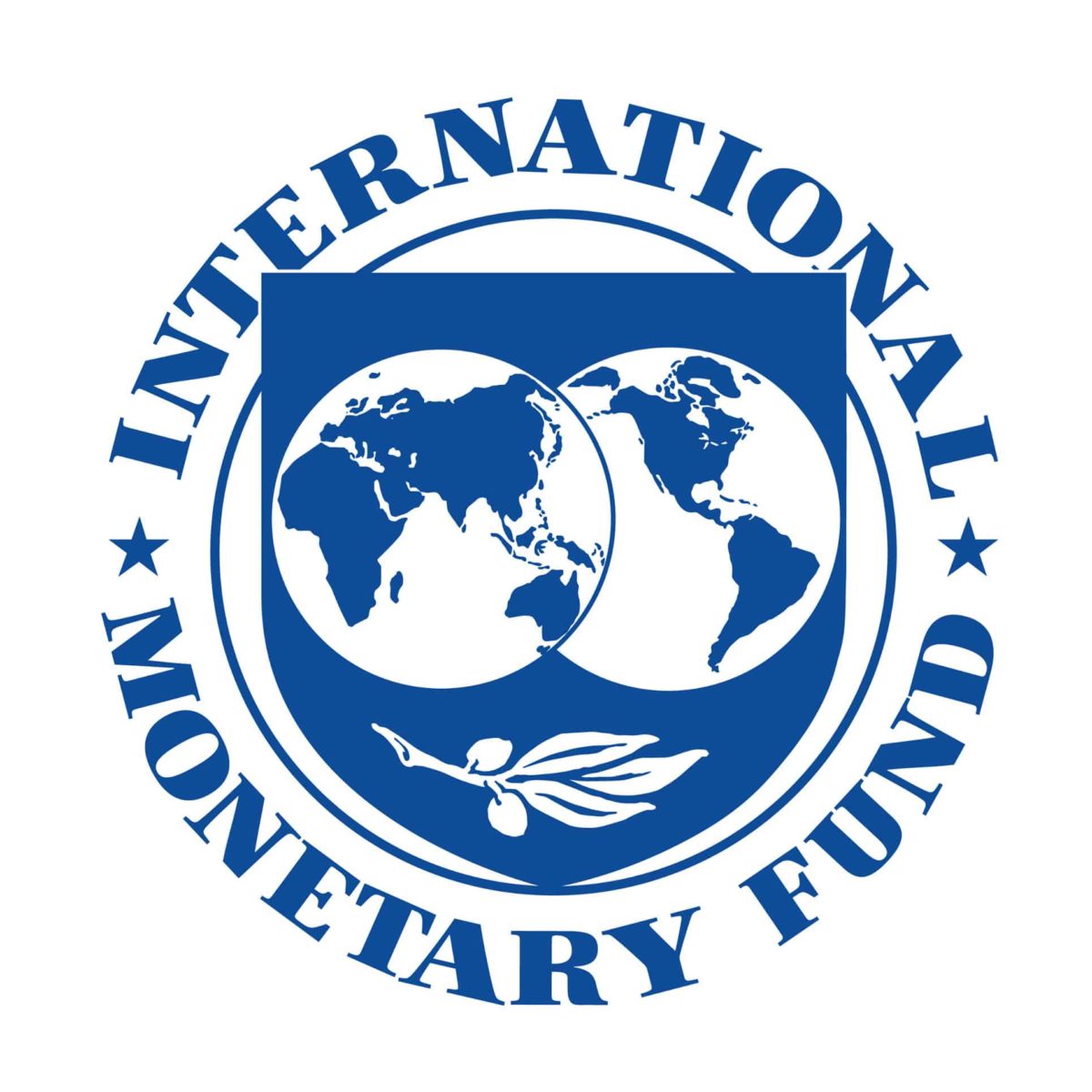Costa Rica and the International Monetary Fund (IMF) announced Friday an agreement to balance the country’s finances, which rules out privatizations or higher taxes on consumption or pensions, proposals rejected by the population.
The agreement, signed by a technical mission of the Fund and which has yet to be approved by management and the executive board of the multilateral entity, is for three years and includes a program of reforms and policies to reduce a large fiscal deficit of 8.3% of GDP, in addition to a loan for $1.75 billion.
The program “seeks to achieve macroeconomic stability and promote a series of reforms that promote vigorous, lasting and inclusive growth in Costa Rica,” explained economist Manuela Goretti, representative of the Fund, in a conference call with the country’s economic authorities.
Among the measures to increase tax revenues are a 0.5% tax on houses considered luxury, and the transfer to the treasury of up to 30% of the profits of 14 state companies, a measure that will be in force for four years to collect 0.2% of GDP each year.
Congress is also discussing a public employment bill to regulate salaries in the state sector, which is responsible for much of Costa Rica’s fiscal imbalance.
The Minister of Finance, Elián Villegas, clarified that the package of measures does not contemplate proposals such as privatizations or the increase in the value added tax — currently 13% — or a tax on the profits of the mandatory pension regime, questioned in Congress.
A first proposal for an agreement with the IMF sparked protests in October.
The Central American country’s fiscal deficit reached 8.3% of GDP in 2020, the highest in the last four decades, although lower than the Central Bank’s 9.2% projection.
Economic obligations soared last year due to the impact of the Covid-19 pandemic, which increased expenses to attend the emergency and reduced tax revenues.
The measures contemplated in the agreement aim at a fiscal adjustment of 5% of GDP to reduce the deficit and to reach a primary surplus (which excludes debt service) in 2023.
Goretti indicated that the reforms proposed by Costa Rica seek to guarantee the sustainability of the debt, which last year reached 69.7% of GDP.
Minister Villegas indicated that Costa Rica is expected to reduce the debt to 50% of GDP in the next three years.
For the president of the Central Bank, Rodrigo Cubero, the IMF’s support for Costa Rica’s monetary and structural policies “represents a seal of confidence” that will allow the country “to achieve better financial conditions in the markets.”






